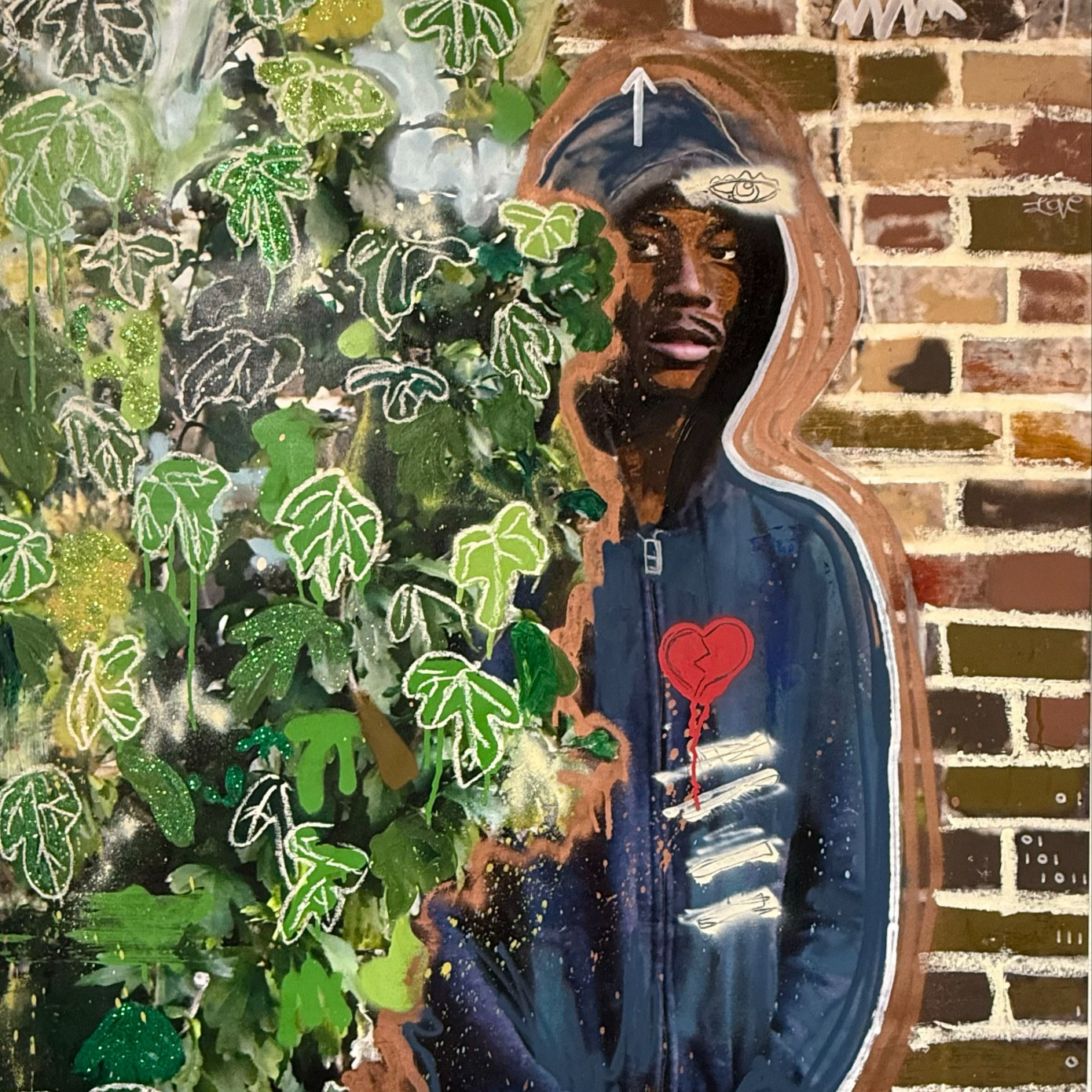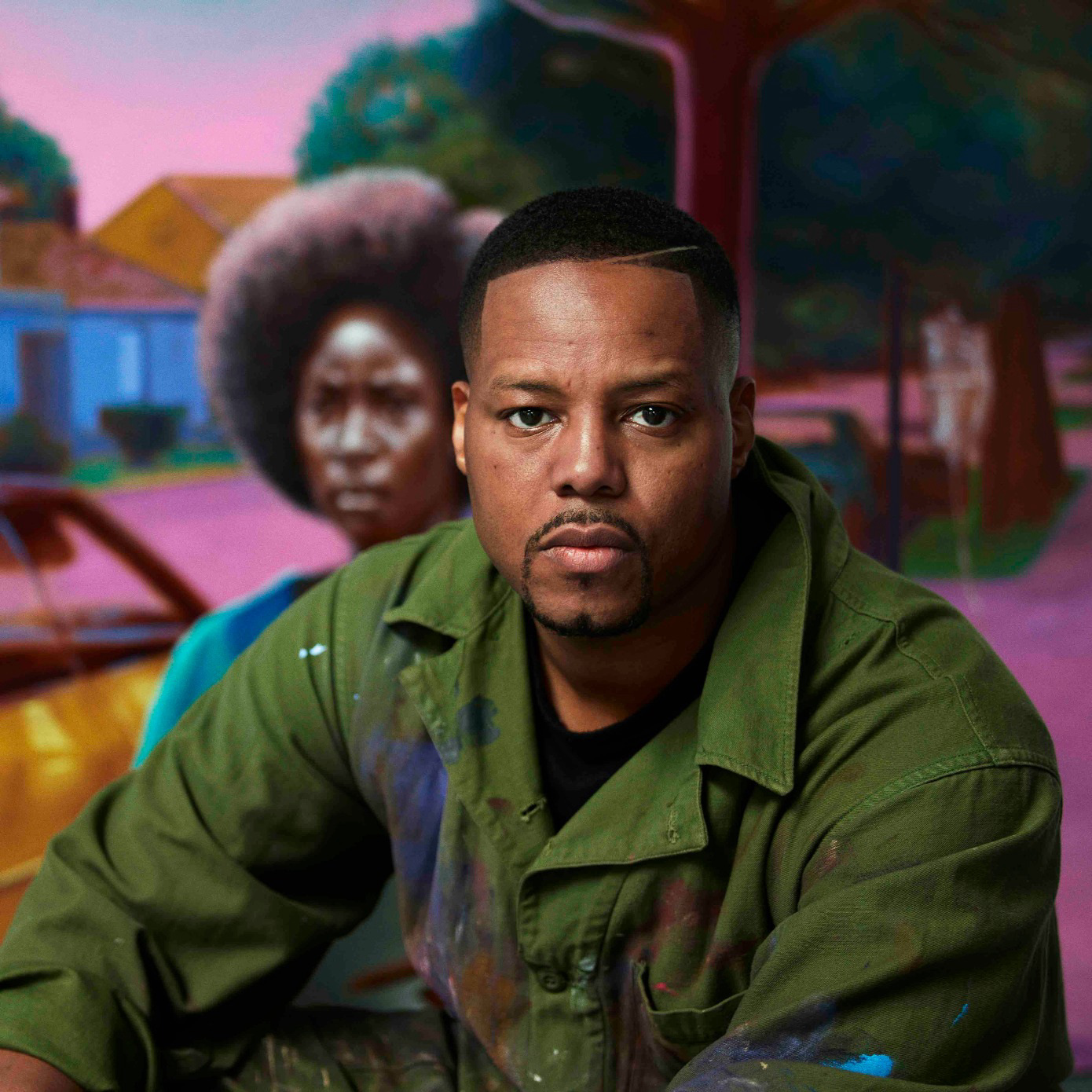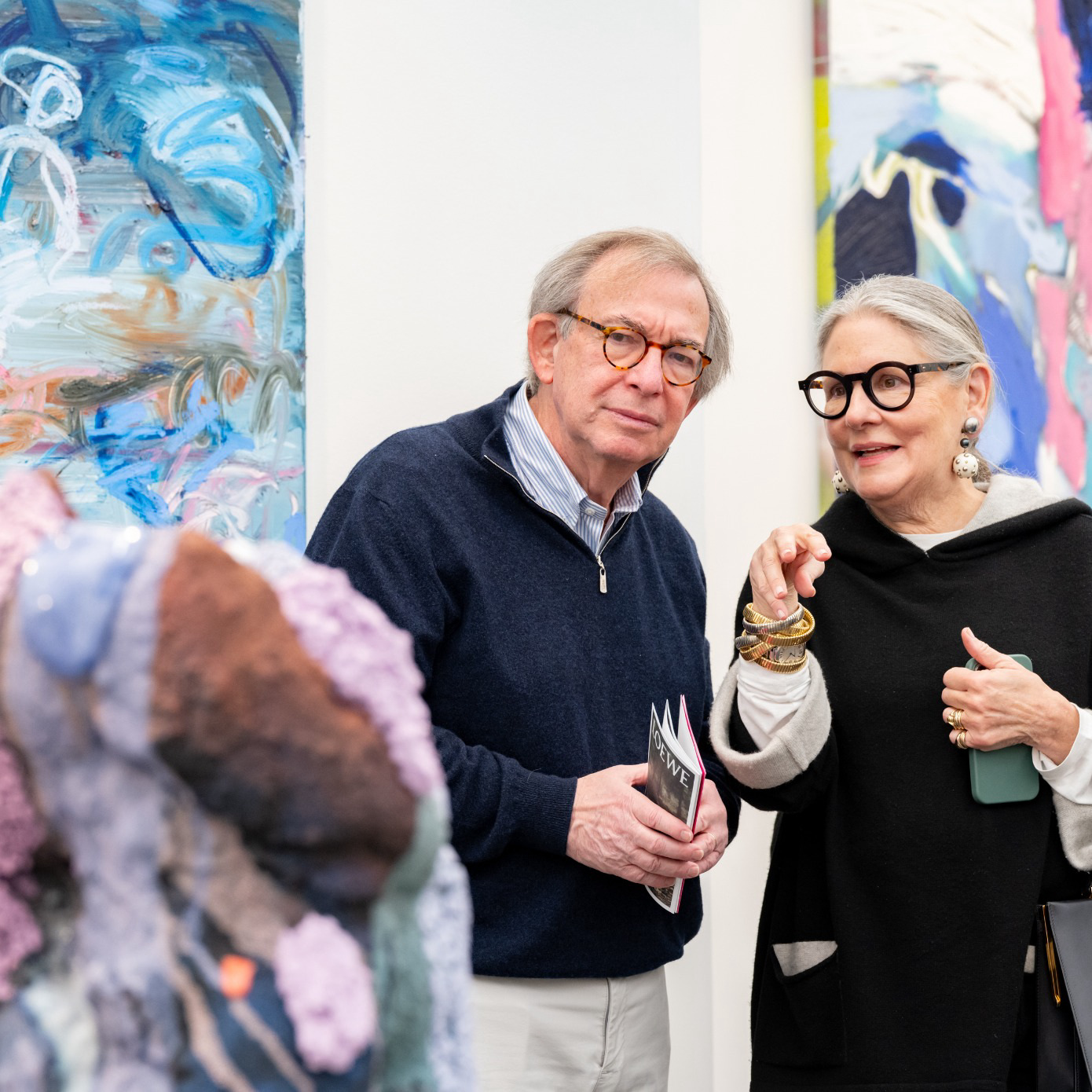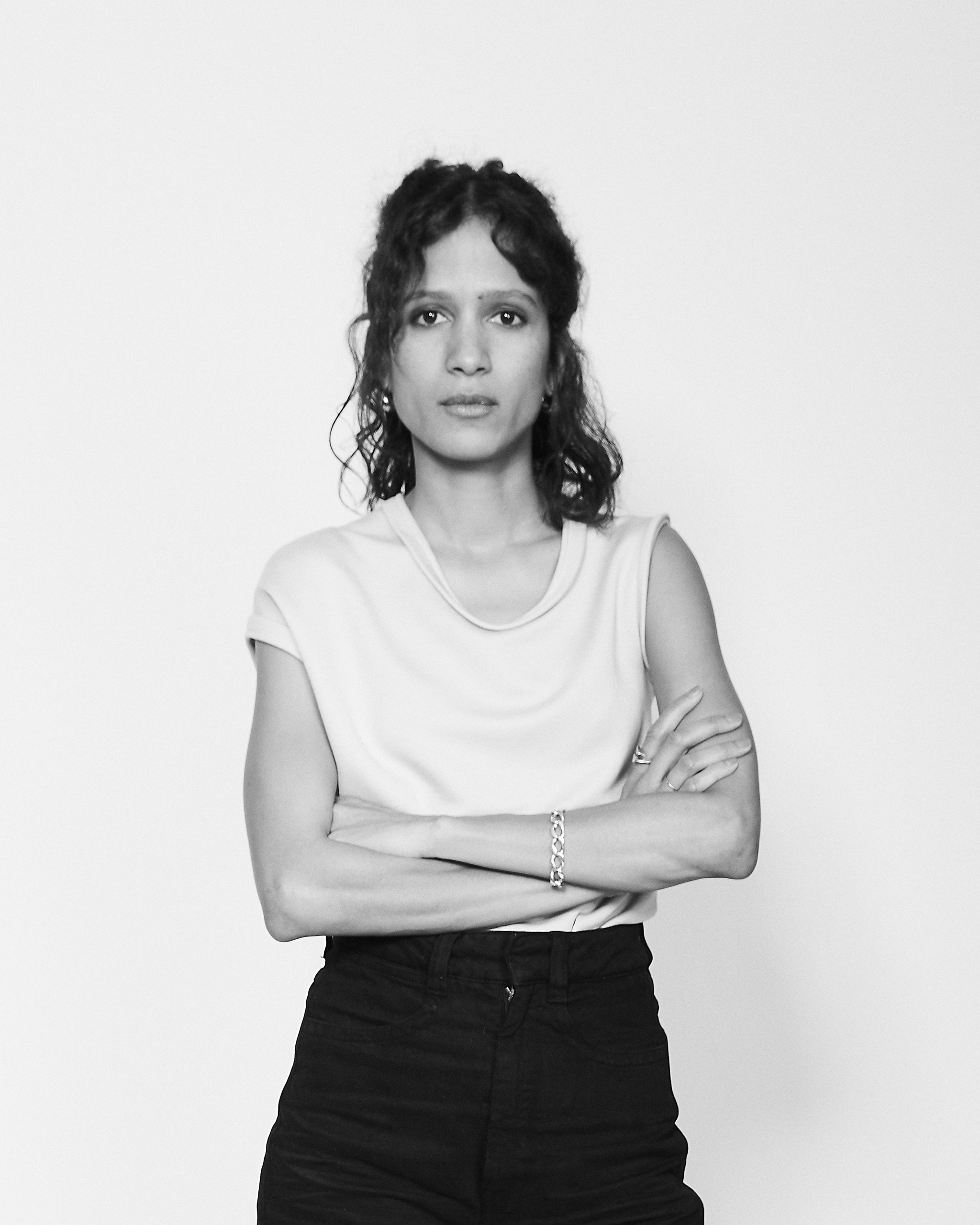
Cinephiles have known Mati Diop as many things over the last decade: as one of the most inventive short film directors of her generation, with acclaimed works like Atlantiques (2009), Mille Soleils (2013) and Snow Canon (2011); as the luminous actress of films like Claire Denis’s 35 Shots of Rum (2008) and Matías Piñeiro’s Hermia and Helena (2016); and as the niece of Djibril Diop Mambéty, the legendary Senegalese director of Touki Bouki (1973) and Hyenas (1992). But last May, when her debut feature Atlantics premiered at the Cannes Film Festival, Diop’s global reputation was sealed with a different designation: she became the first black woman to have had a film compete at the festival and, subsequently, the first black woman to win its second-most prestigious prize—the Grand Prix.
It’s a weighty distinction, sadly reflective of the state of diversity at the world’s major film festivals, and one that lends itself too-readily to headlines and news pegs. In interviews, Diop—who was born in Paris to a Senegalese father and French mother—has expressed some frustration towards the media’s emphasis on the statistic. A pre-Cannes profile in The Hollywood Reporter quotes her as saying, “I don’t think of myself as white or as black. I just think about me as me.” Later, in a profile in Vulture, she explained that her words had been mistranslated and that she’d been taken aback at the reductive focus on whether she is “black or not black.”
By the time we speak on the phone in November, a week before Atlantics is scheduled to be released worldwide on Netflix, Diop seems to have settled on a more comfortable ambivalence about the situation. “It’s the first time [a black woman has competed at Cannes], so it’s difficult not to make an event of it,” she concedes. “It’s historical. But of course, it’s a bit strange… my feeling is, if my film is historical, it’s because of the film itself and not the color of my skin.” Then she adds, with a directness that characterizes her responses throughout our conversation, “I’m a very, very difficult woman to define, you know. As a filmmaker, culturally and as a person. And I’m aware of my own complexity. I’m not entering a box.”
The same could be said of Diop’s body of work: each of her five short films defies categorization with their sly blending of genres and formats. Her debut film Atlantiques, which centers on a young Senegalese man’s retelling of his attempted journey by boat to Europe, traverses ethnography, fantasy and the avant-garde in just fifteen minutes. 2013’s Mille Soleils begins as an homage to Diop’s uncle’s landmark film Touki Bouki, revisiting its lead actor on the evening of the movie’s 40th anniversary screening in Dakar, only to transition, rather deceptively, into a scripted, poetic meditation on regret, retrospection and exile. Snow Canon, Liberian Boy (2015) and Big in Vietnam (2012) are all liminal in similar ways, poised delicately at the borders between documentary and fiction, dramatic convention and structural experimentation.
The feature-length Atlantics is Diop’s most traditionally narrative film to date, while also being an unusually elliptical work of many hybrid layers and turns. Set in Dakar, the film continues the preoccupations of Atlantiques, albeit with a switch in perspective. It extrapolates from a brief image in the short in which a woman looks into the camera with tears in her eyes, mourning the death of the narrator during his passage across the ocean. Atlantics commits to the experiences of the women left behind: it tells the story of teenaged Ada whose boyfriend, Souleiman, leaves on a raft for Spain along with several other young construction workers after they’re denied pay for the fourth month in a row.
The distraught Ada is left alone to face an arranged marriage when, on the night of her wedding, her bed mysteriously catches fire and her friend claims to have spotted Souleiman. Soon, the film metamorphoses into several beguiling shapes: a feminist coming-of-age tale, as Ada rails against social pressures and grapples with the loss of her lover; a police procedural, as a young detective tries to find Souleiman; and a gothic, John Carpenter-esque fantasy, as the disappeared men return as djinn, possessing the young women of Dakar to exact revenge on the developer responsible for their penury.
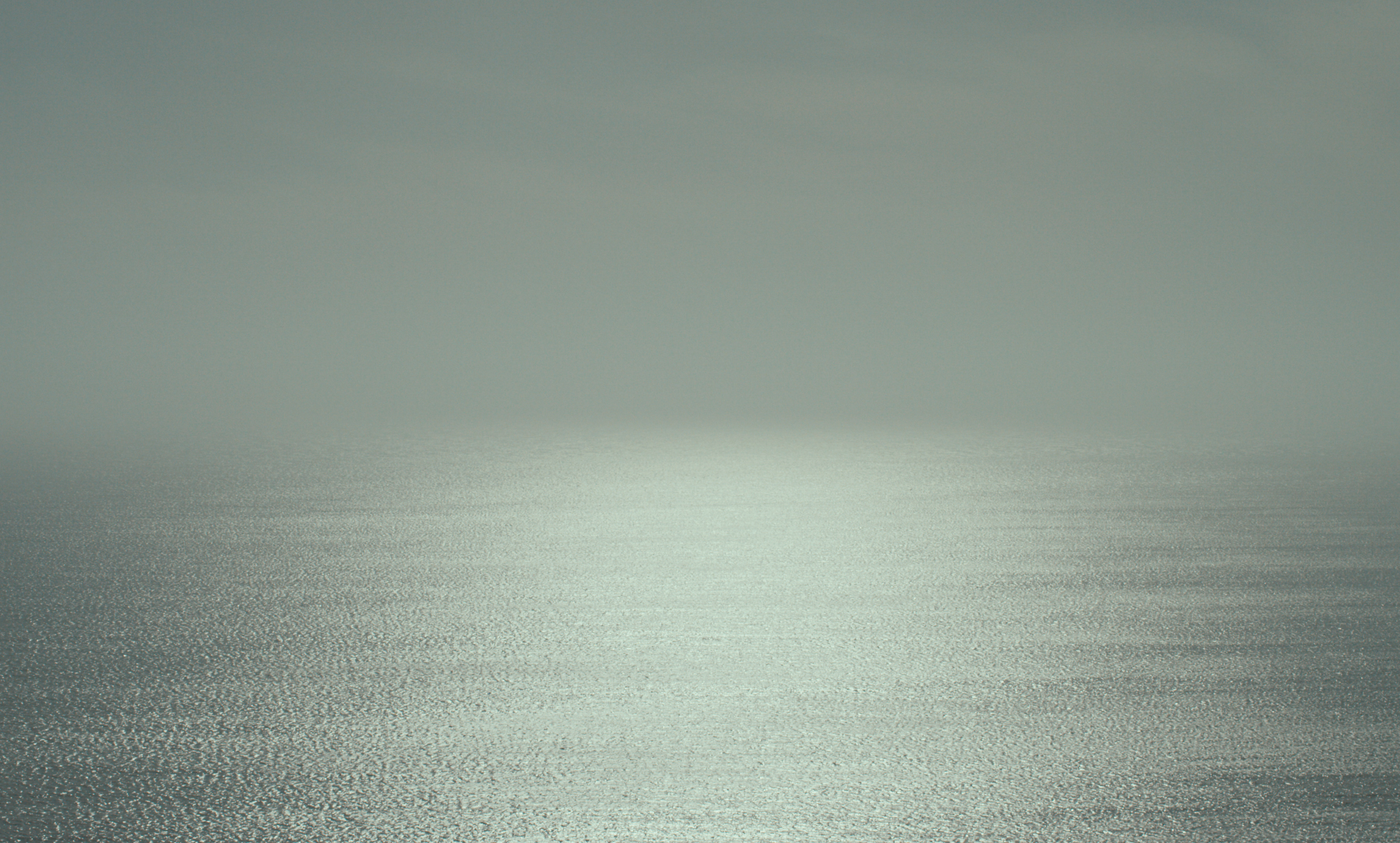
Atlantics is one of many recent films about the contemporary realities of migration, but it is distinctive in its emphasis on intimacy and affect: it renders the plight of economic refugees with the lush, quintessentially cinematic emotions of desire, longing and rage. “I wanted to propose a film about migration that was not enclosed by the subject,” Diop tells me. “It’s so important for a situation as complex as migration to be portrayed in a more existential dimension because otherwise we leave the mass media to talk about it. And they do a lot of harm to the relation we have with migrants, which is abstract and disconnected from reality. Atlantics is about how migration actually affects and transforms our intimate lives.”
The personal and the political are inseparable in Diop’s vision; it’s what motivated her to make films in Senegal in the first place. “Shooting in Dakar is based on a double absence for me,” she says. “Ten years ago, it was a way to explore my African origins and to confront that part of myself, and also to answer to a lack of stories about black people on screen in general. I don’t think I could make a film for so long if it wasn’t personal, but I couldn’t do it if it wasn’t political, either.”
“And when I say political, I mean it has to go beyond cinema,” she elaborates. “It has to create change.”
Diop’s words echo the legacy of the political cinema pioneered by her uncle, Mambéty, who once described the role of the filmmaker in society as akin to that of a griot: “a messenger of one’s time, a visionary and the creator of the future.” Born in 1945 in Dakar, Mambéty made his first film in 1969, nine years after Senegal’s liberation from French imperial rule. A pioneer of the African avant-garde, he developed a wholly original stylistic sensibility in his films, which often critiqued the enduring ravages of colonialism in Senegalese society.
Diop was only 16 at the time of Mambéty’s premature death from lung cancer in 1998, but his work taught her to take cinema seriously, she says. “For me, he set the ambition very high. When I say ambition, I’m not talking about a career, I’m talking about, ‘What do you do with cinema?’ If you have nothing to say, don’t do it. He used the full potential of cinema, whether through actors, sound or the image. You can feel that he is talking to the audience. I feel that need, that urgency, that sensitivity.”
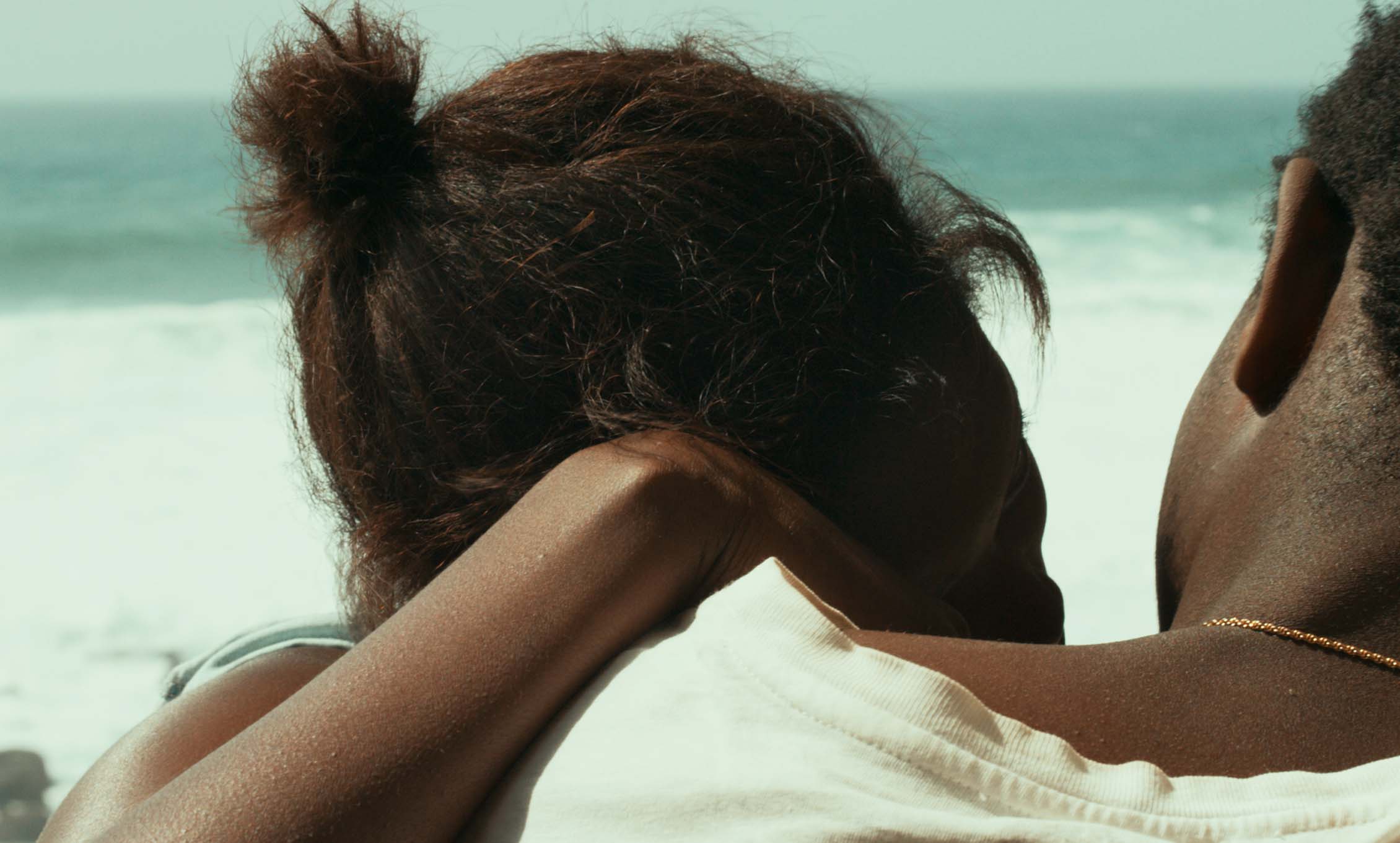
It wasn’t always clear to Diop, however, that cinema would be her mode of engaging with an audience. Her “first true dream” was to perform music, like her father Wasis Diop, a renowned jazz musician and composer; later, she took up other interests such as art, costume design and theater, before settling on cinema as “a way not to have to choose between sound, image, acting and painting.” Atlantics benefits from her Renaissance-woman ability to engage multiple mediums. Each element of the film feels like a small miracle: from the performances Diop coaxes from her young, nonprofessional cast, to Claire Mathon’s sensuous cinematography, beautifully attuned to Dakar’s urban textures, to Fatima Al Qadiri’s soundtrack, which mixes ancient Arabic musical forms with eerie electronic compositions. (In an interview, Qadiri said that Diop was “very present in the sound mix.”)
Given its audiovisual brilliance and classical, big-screen pleasures, Atlantics’s acquisition by Netflix was met with disappointment in some quarters, but its streaming release opens up an uncanny link to Diop’s uncle. Mambéty sold his second (and final) feature film, Hyenas, on video in Africa; he described it as a revolutionary new technique called films de poche (pocket films), aimed at circumventing the poor theatrical distribution infrastructure in Africa and getting the film to the people of the subcontinent cheaply and quickly. While Netflix doesn’t have the same utopian promise as renegade self-distribution, it has ensured that Atlantics is available to audiences far and wide—and the recent Oscar shortlist for Best International Feature has raised its profile even further. (It missed the nomination, to the surprise of many.)
It’s interesting to think of Diop and Mambéty as filmmakers with similar concerns about race, migration and postcolonialism, but poised on either sides of an ocean—both literal and of time. The parallels are many—including the recurrence of the sea in both their films as a signifier for desire, madness, escape and loss—but a particular, minor connection stands out to me. In Mambéty’s short film, Le Franc, repeated shots of the Central Bank of West African States reinforce the havoc wreaked on the Senegalese people by the French devaluation of the CFA franc in 1994. Atlantics similarly uses a skyscraper to highlight the inequities of the new age of globalized capital: the Gaddafi Tower, an aborted Libyan-Senegalese project that would have been the tallest building in Africa, is digitally composited onto the Dakar skyline—a glimmering, ghostly edifice built using the thankless sacrifices of Souleiman and his fellow laborers.
“I feel infinite sadness for all the young people who have died in the sea,” Diop told me earlier in our conversation, explaining why she wanted to make this film. “I think they deserve to be remembered, whether through a film, whether through a novel, whether through a monument.” Atlantics reminds us that these monuments are already all around us: structures of capital more successful than the Gaddafi tower increasingly crowd our cities like anonymous tombstones. Diop’s film offers an elegy to those who were forced to leave in desperation and those they left behind in hope. For the rest of us, it’s a cry of rage—a revolution, pocket-sized one.

